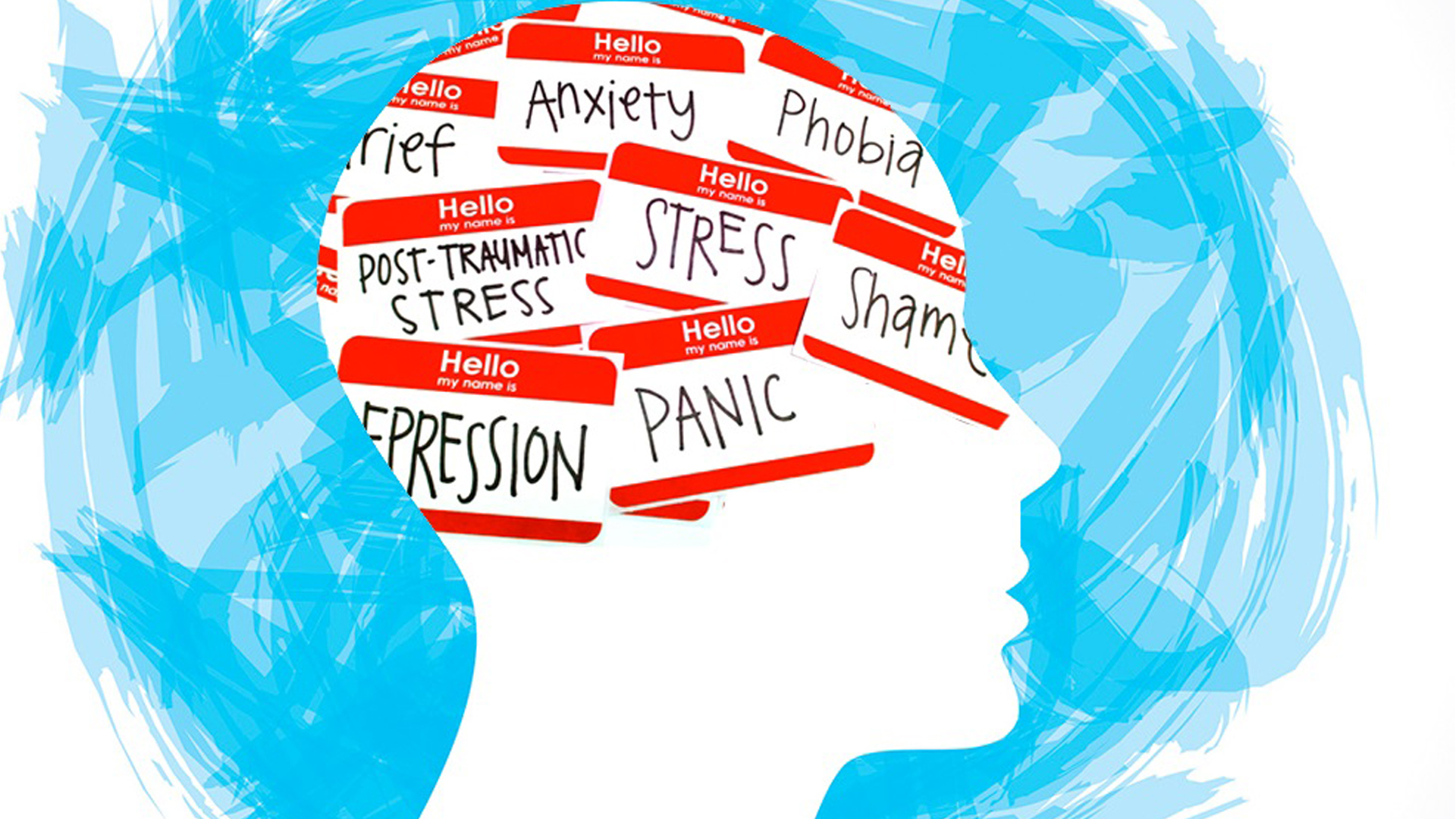Understanding Mental Health Disorders and Finding the Right Path to Recovery
By
Dr G Om Prakasham
M.B.B.S, MS, MCh, FACS(Singapore)
Chairman, Lotus Wellness
Mental Health Advocate
Consultant Heart Surgeon
Mental health disorders have become a significant concern in today’s fast-paced world. Whether it’s anxiety, depression, bipolar disorder, or addiction, these challenges can deeply affect a person’s quality of life. It's not just about feeling “down” occasionally — mental health disorders can create a constant struggle with emotions, thoughts, and behaviors. But the good news is that therapy and proper treatment can lead to healing and recovery. In this blog, we'll dive into how therapy can help and how to choose the best rehabilitation center for your needs.
The Importance of Recognizing Mental Health Disorders
Imagine waking up every day feeling like there's a heavy weight on your shoulders — that’s how many people with mental health disorders live. These disorders can manifest in various ways:
- *Anxiety Disorders*: Constant fear, worry, or panic, often without a clear reason.
- *Depression*: Deep, unshakable sadness, loss of interest in life, and sometimes, suicidal thoughts.
- *Bipolar Disorder*: Extreme mood swings from high-energy mania to crushing depression.
- *Addiction*: A compulsive need for substances or behaviors that disrupt daily life.
Recognizing the symptoms early and seeking help is essential to avoid more severe consequences. Therapy and proper treatment can help manage symptoms and offer a new perspective on life.
Therapy as a Solution to Mental Health Disorders
Therapy isn’t just about talking; it's about healing, understanding oneself, and learning coping mechanisms. Here are a few common therapeutic approaches:
1. *Cognitive Behavioral Therapy (CBT)*: CBT focuses on identifying and changing negative thought patterns that lead to harmful behaviors. It's particularly effective for anxiety, depression, and addiction.
2. *Dialectical Behavior Therapy (DBT)*: Originally designed for borderline personality disorder, DBT is now used for various conditions. It teaches skills to manage emotions, handle stress, and improve relationships.
3. *Exposure Therapy*: Used mainly for anxiety and PTSD, exposure therapy helps individuals confront and overcome their fears in a safe environment.
4. *Group Therapy*: Being part of a group of people facing similar challenges can create a sense of community and support, allowing individuals to learn from one another.
5. *Family Therapy*: Often, mental health disorders affect not just the individual but also their family. Family therapy helps improve communication, resolve conflicts, and support the individual’s recovery journey.
Finding the Right Rehabilitation Center for Mental Health
When mental health disorders escalate or combine with addiction, seeking professional help at a rehabilitation center might be the best option. But how do you choose the right one?
1. *Accreditation and Licensing*: Ensure the rehab center is accredited by recognized organizations. Licensed professionals ensure you're receiving proper care that meets medical standards.
2. *Specialization*: Not all rehab centers specialize in every mental health disorder. Find one that aligns with your specific needs, whether it’s addiction recovery, anxiety, or dual diagnosis treatment.
3. *Therapies Offered*: Look into the types of therapies available. A good rehab center should offer a variety of therapies like individual counseling, group therapy, and holistic treatments such as art therapy or mindfulness meditation.
4. *Environment*: The location and atmosphere of the center can impact your recovery. Some people prefer peaceful, nature-filled environments, while others may do better in a more structured urban setting.
5. *Aftercare and Support*: Recovery doesn’t end when you leave the rehab center. Check if the center provides aftercare services like outpatient counseling, support groups, or ongoing therapy.
6. *Reviews and Success Stories*: Read reviews and, if possible, talk to alumni of the center. Personal stories of recovery can give insight into the center’s effectiveness.
The Role of Family and Friends in Recovery
A support system can make all the difference. If you're supporting someone going through a mental health disorder, remember that your encouragement and understanding can be crucial. Encourage them to seek therapy and reassure them that it's okay to ask for help. Being patient and compassionate during this process will help build a foundation for recovery.
Conclusion: A Journey Toward Healing
Dealing with mental health disorders is not a one-size-fits-all experience. Each person’s journey is unique, and it’s essential to find what works best for you or your loved one. Therapy, combined with the right rehabilitation center, can be a powerful force in overcoming mental health challenges. Start the conversation today — whether with a therapist, a support group, or a rehabilitation center — and take that first step toward a brighter future.
ABOUT LOTUS WELLNESS REHAB
Lotus is India’s Finest Holistic rehab offering the best treatment programs for Detox, Addiction Rehabilitation, Mental health and overall wellness.
CONTACT LOTUS
We at LOTUS WELLNESS AND REHABILITATION CENTER in Coimbatore are happy to help you or your loved one overcome his or her Alcohol, Drug or substance addiction and stand up for RECOVERY .
LOTUS WELLNESS AND REHABILITATION CENTER
Pollachi, Coimbatore , Tamilnadu , India
Call confidentially 24/7 (+91 7339062555)
Reach us at info@lotuswellness.life
To know more about us visit our website
www.lotuswellness.life

